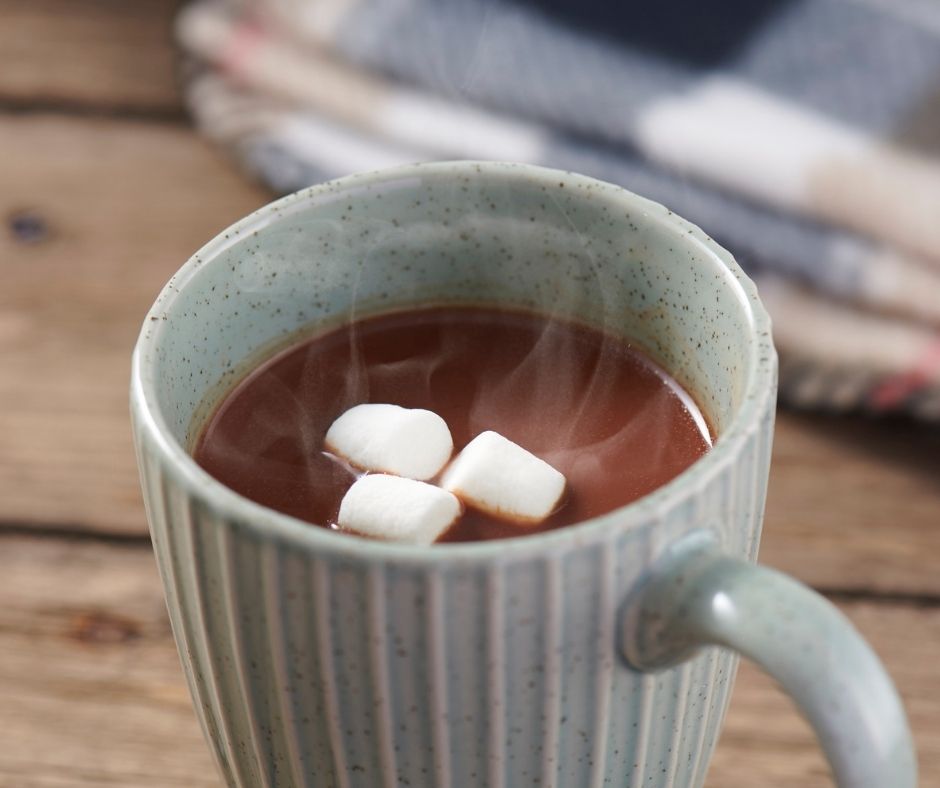November 25, 2025
No Comments
How to Say Hot and Cold Without Mistakes
Learn the difference between 暑い, 熱い, 寒い, 冷たい, 暖かい, and 温かい in Japanese. Easily understand how to describe temperature, touch, and feelings.
Read MoreNovember 24, 2025
No Comments
The Most Confusing Japanese Wearing Verbs Made Easy
Discover how to say “to wear” and “to take off” in Japanese, with clear explanations by body part for clothes, accessories, and everyday items.
Read MoreNovember 20, 2025
No Comments
The Simple Way to Say “If Only” in Japanese
Learn how to use 〜たら〜のに to express “I wish” or “If only” in Japanese. Clear explanations and examples to help you speak more naturally.
Read MoreNovember 18, 2025
No Comments
Make Your Japanese Polite: Thanks and Sorry
Learn how to express gratitude and apology in Japanese with てくれてありがとう, てくださってありがとうございました, てごめん, and てすみませんでした.
Read MoreNovember 16, 2025
No Comments
Master Polite Verbs in Japanese the Easy Way
Polite Japanese made easy! Learn how to use the ます form, create basic sentences, and speak respectfully in everyday situations. Perfect for beginners.
Read MoreNovember 14, 2025
No Comments
レモンドリンク – Happy Hot Lemon Drink Made with Love
Lemon picking at my grandparents’ garden was delightful, and sipping a hot honey lemon ginger drink made me feel warm, cozy, and refreshed all day.
Read More









